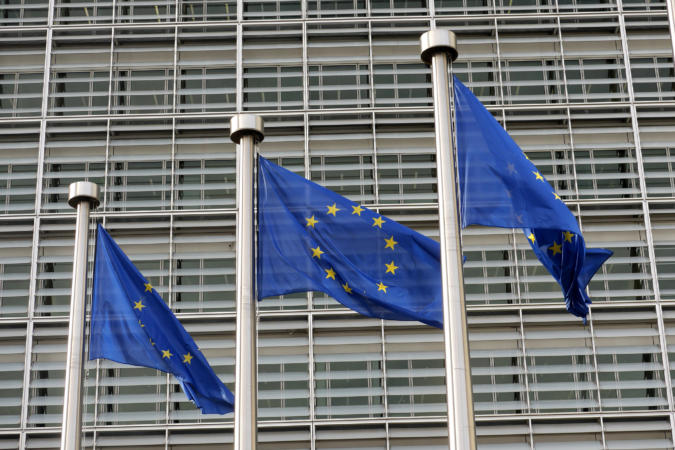Today, the EU released a report detailing the actions it has taken in partnership with major tech companies —Twitter, Google, and Facebook — to combat the spread of fake news.
Since 2015, the European Commission has taken steps to fight misinformation online by providing self-regulatory guidelines for companies, establishing a Code of Practice for the platforms and advertisers, and pushing for increased transparency on the political ad policies on social media websites.
Despite all of that, the Commission said that there was still an influx of targeted online attacks on the platforms ahead of recent EU elections. The Commission is now calling on tech companies to do more to stop the spread of fake news.
The Commission said in its report:
“…all online platforms need to provide more detailed information allowing the identification of malign actors and targeted Member States They should also intensify their cooperation with fact checkers and empower users to better detect disinformation. Finally, platforms should give the research community meaningful access to data, in line with personal data protection rules.”
The Commission gave a nod to Facebook’s efforts to create stricter policies around ads and misinformation; however, it said that Google and Twitter, “need to catch up in this regard.” The Commission currently requires monthly reports from the companies as a way to keep track of their efforts against misinformation campaigns and election influence.
“Efforts to ensure the integrity of services have helped close down the scope for attempted manipulation targeting the EU elections but platforms need to explain better how the taking down of bots and fake accounts has limited the spread of disinformation in the EU,” the Commission said.
The Commission said that it will review its current policies and reports to continue its goal of gaining control over social media’s fake news issues. It said once under review, these policies may also be updated to handle future threats.

